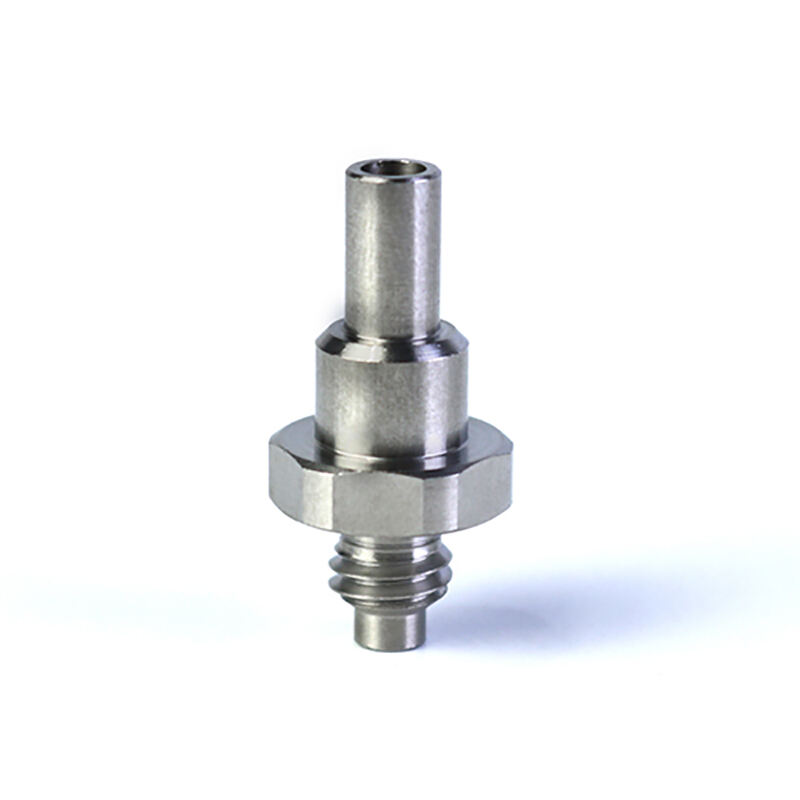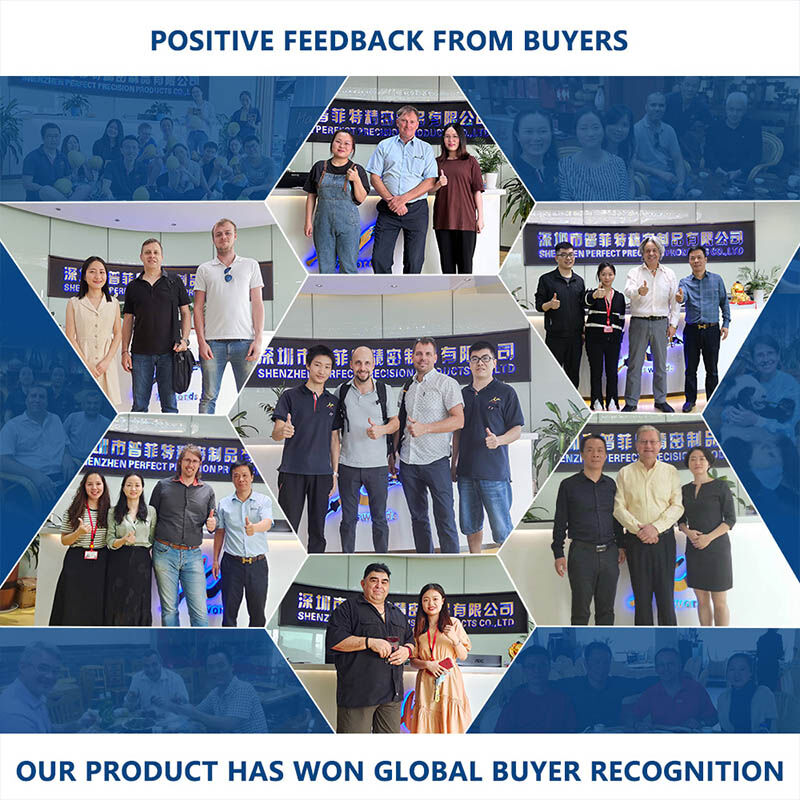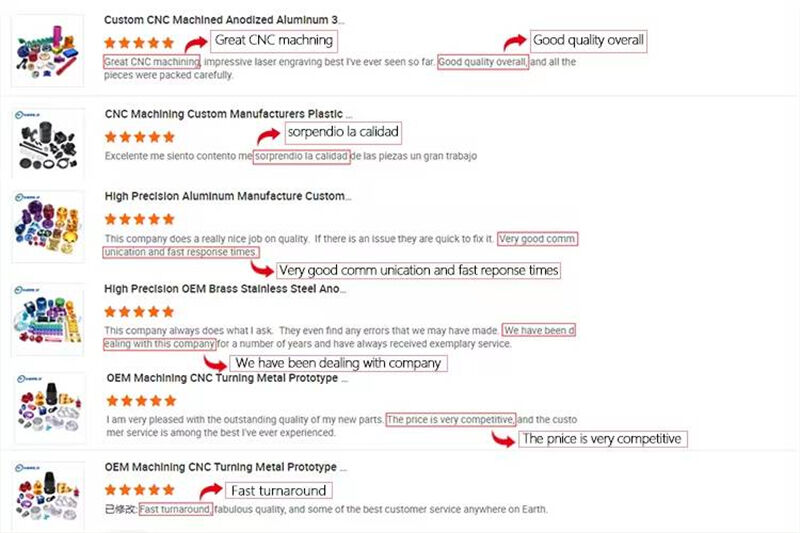Building 49, Fumin Industrial Park, Pinghu Village, Longgang District
Sunday Closed
Precision Machining Parts
Type: Broaching, DRILLING, Etching / Chemical Machining, Laser Machining, Milling, Other Machining Services, Turning, Wire EDM, Rapid Prototyping
Model Number: OEM
Keyword: CNC Machining Services
Material: stainless steel aluminum alloy brass metal plastic
Processing method: CNC Turning
Delivery time: 7-15 days
Quality: High End Quality
Certification: ISO9001:2015/ISO13485:2016
MOQ: 1Pieces
When you’re building something that moves, slides, or spins, chances are you’ll need a material that can take a beating—quietly and without wearing out too soon. That’s exactly where bronze CNC parts come into play, especially when used in bearing surfaces.

Bronze isn’t just “copper with tin” – it’s a carefully engineered material with properties that are almost magical for bearing applications:
✔ Self-Lubricating: Tiny pores in the material actually hold and release oil over time
✔ Wear-Resistant: Softer than steel, so it wears instead of damaging more expensive components
✔ Handles Contamination: Sand or debris gets embedded rather than scratching shafts
✔ Corrosion-Resistant: Perfect for wet or marine environments
✔ Heat Dissipation: 3x better than steel at carrying away friction heat
CNC (Computer Numerical Control) machining is key to turning raw bronze stock into precise, functional parts. It’s especially important when tolerances matter—like in rotating assemblies or sliding components.
Some typical bronze parts produced with CNC turning or milling include:
• Sleeve bearings
• Thrust washers
• Bushings
• Gibs and wear plates
• Custom inserts or guides
Thanks to modern CNC equipment, machinists can create incredibly consistent and accurate parts—even with challenging materials like bronze.
Not all bronzes are created equal. For bearing surfaces, these are the most common bronze alloys you’ll see:
• SAE 660 (C93200): Also known as bearing bronze, this is a general-purpose alloy used in bushings and bearings.
• Aluminum Bronze (C95400): High strength and corrosion-resistant, often used in marine and heavy-duty applications.
• Phosphor Bronze (C54400): Offers excellent fatigue resistance and is ideal for high-speed or precision work.
Each alloy brings different properties to the table, depending on what your application needs—whether that’s strength, conductivity, or resistance to saltwater.
You’ll find CNC-machined bronze parts in everything from:
• Construction equipment (pivot pins, wear pads)
• Agriculture machinery (bushings, thrust washers)
• Marine applications (rudder bushings, propeller shafts)
• Industrial presses and tooling
• Elevator and lift systems
When it comes to bearing surfaces, bronze isn’t just a material choice—it’s a performance upgrade. Paired with precision CNC machining, it results in parts that are durable, reliable, and made to last.



Q:How fast can I receive a CNC prototype?
A:Lead times vary depending on part complexity, material availability, and finishing requirements, but generally:
• Simple prototypes: 1–3 business days
• Complex or multi-part projects: 5–10 business days
Expedited service is often available.
Q:What design files do I need to provide?
A:To get started, you should submit:
• 3D CAD files (preferably in STEP, IGES, or STL format)
• 2D drawings (PDF or DWG) if specific tolerances, threads, or surface finishes are required
Q:Can you handle tight tolerances?
A:Yes. CNC machining is ideal for achieving tight tolerances, typically within:
• ±0.005" (±0.127 mm) standard
• Tighter tolerances available upon request (e.g., ±0.001" or better)
Q:Is CNC prototyping suitable for functional testing?
A:Yes. CNC prototypes are made from real engineering-grade materials, making them ideal for functional testing, fit checks, and mechanical evaluations.
Q:Do you offer low-volume production in addition to prototypes?
A:Yes. Many CNC services provide bridge production or low-volume manufacturing, ideal for quantities from 1 to several hundred units.
Q:Is my design confidential?
A:Yes. Reputable CNC prototype services always sign Non-Disclosure Agreements (NDAs) and treat your files and intellectual property with full confidentiality.
Copyright © Shenzhen Perfect Precision Products Co., Ltd. All Rights Reserved — Privacy Policy — Blog